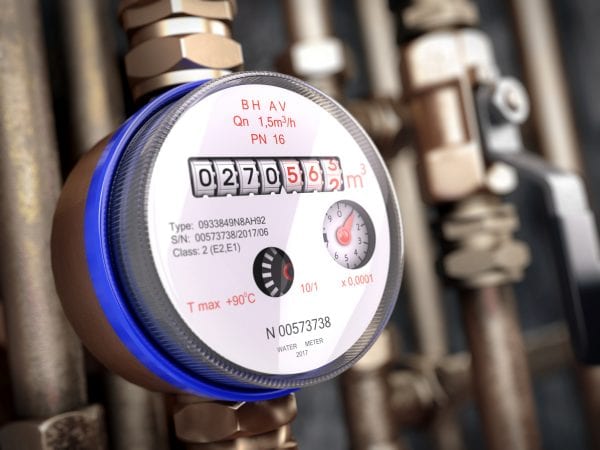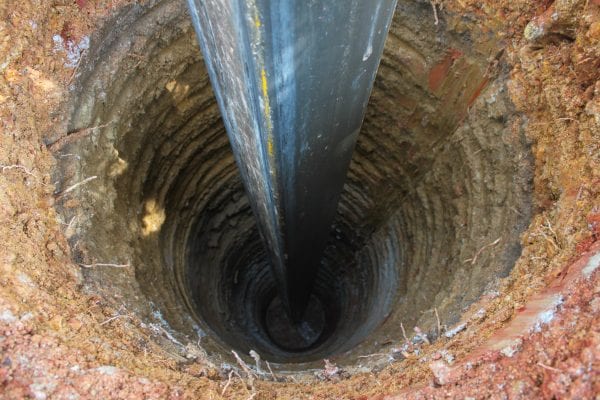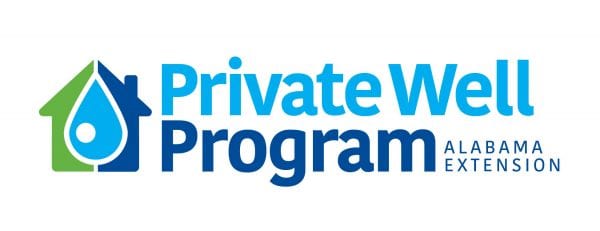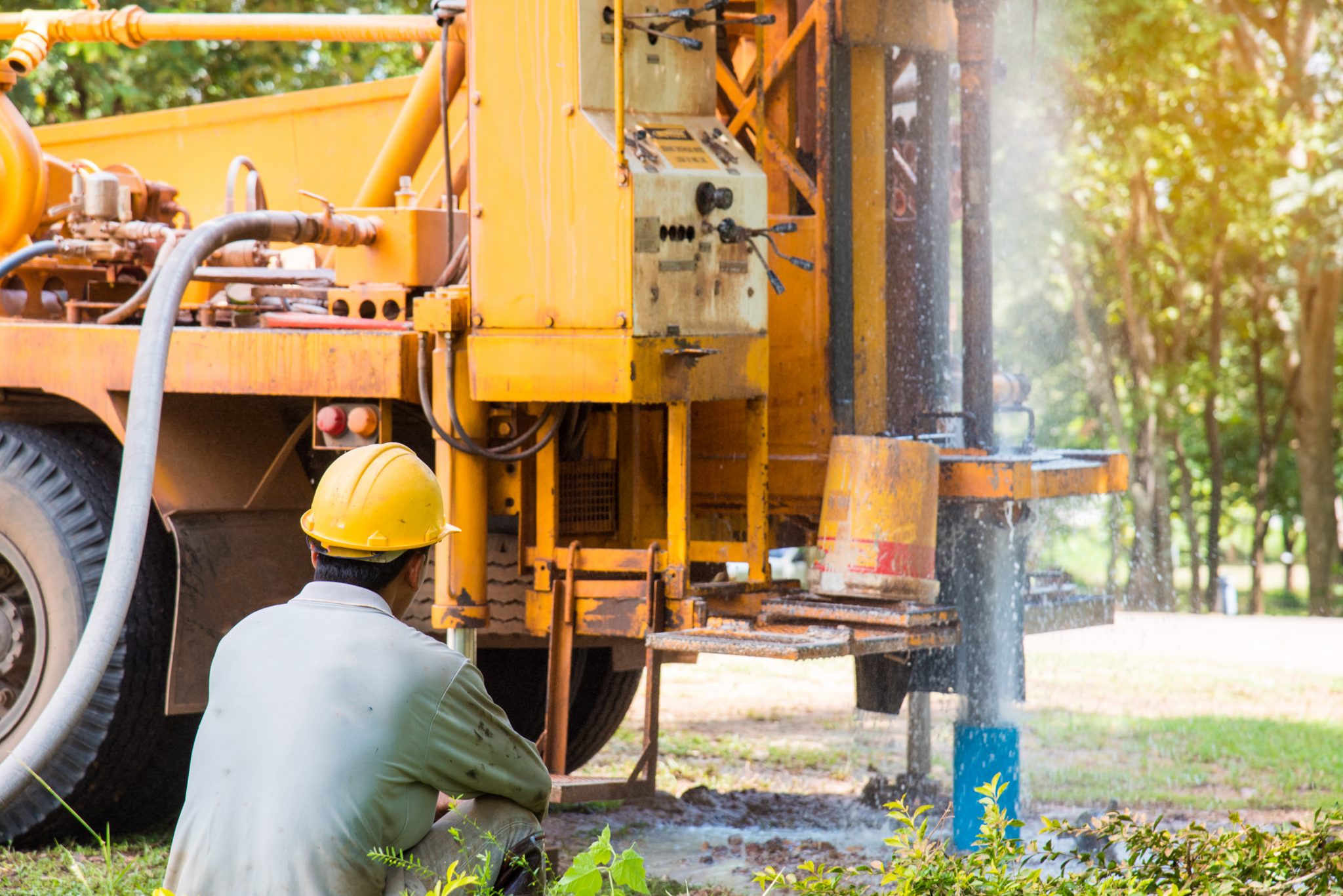Fish & Water

Drinking water sourced from private water wells is widely used across the United States. Private water wells provide water for urban environments and rural communities that may not have access to municipal water supplies. Without private well water sources, many rural communities would not have access to water for their drinking source, household tasks, or irrigation systems.
Why Drill a Well?
There are many benefits to owning a water well, as they tend to be cost-effective and reliable. It may be considerably more cost-effective for someone to source water from a private well than from city water systems. With private water systems, the primary expenses of the owner are the upfront installation cost, water quality testing costs, treatment costs, and the cost to run the pump. With public water systems, monthly water bills will vary depending on where a person lives and how much water they use daily. According to the US Environmental Protection Agency, the average American uses 88 gallons of water per person per day.
 How does billing for public water systems work?
How does billing for public water systems work?
Utility companies bill in different ways. Many utilities use a combination of a fixed base fee and a variable fee for their water rate structure. Fixed charges help to pay for the base costs of providing water to a home. These costs include the electricity needed to transport and clean the water, labor costs of daily maintenance, and other associated operating costs. Variable charges are the price that the customer pays per volume of water used.
For example, customers with a 5/8-inch style meter may pay $26 as a base service charge and pay between $2.99 and $6 each monthly billing cycle per centum cubic feet (CCF) of water used. This variable rate does not include other miscellaneous funds that city water systems may have (reconnection fees, return check fees, etc.) In some cases, residents of rural communities may live too far away to be included in the municipal water system.
Things to Consider Beforehand
Before opting for private well water, people should consider several items.
Water demands. Some important things to consider include items like the household’s water demands. This may also include the water needs of a person’s operation (livestock, farming, etc.). People should be aware of the minimum water yield that they could possibly accept, as some drilled wells have a chance to be low-producing. There’s also a chance that the well may be dry once its drilled, which may lead to having to drill a new well elsewhere.
Expenses. When budgeting for a well, make sure to factor in the maintenance services for future repairs and see to it that the cost estimate includes all aspects of well construction (drilling cost, labor, materials, electrical cost, etc.).
Water quality. With private well water systems, the water a person drinks is coming directly from groundwater to the tap. Well water can contain natural or manmade contaminants. Well owners have the responsibility to be vigilant about their water quality. When pollutants are released into the ground, whether it be from a leak, spill, or inappropriate discarding, they may move through the soil much like water. The rate of flow is dependent on soil type and the nature of the pollutant. Treating any contaminants that enter a water system tends to be an expensive process and usually results in homeowners switching to alternative water sources.
Contractors. Be sure to find a qualified, licensed well driller. People should explore all of their options before deciding on a final candidate because after all, this is their drinking water. A contractor should be able to walk the owner through the well drilling process and answer any questions that they may have. The well drilling process can be a straightforward process with ample communication and appropriate planning. Need help finding a water well contractor in Alabama? Visit wellowner.org to see a list of contractors near you.
Construction Process
 Because of the complexity of well water systems, only licensed well drillers are permitted to drill water wells in Alabama. The Alabama Department of Environmental Management (ADEM) outlines licensing and certification requirements of water well construction standards.
Because of the complexity of well water systems, only licensed well drillers are permitted to drill water wells in Alabama. The Alabama Department of Environmental Management (ADEM) outlines licensing and certification requirements of water well construction standards.
Prior to well construction, an application for a water well driller’s license must be filed on or before September 30 of each year, along with a fee of $200. In order to apply, an aspiring well driller must be able to prove that they have two years of experience drilling water wells, as well as score 70 percent or above on an examination furnished by ADEM.
A Notification of Intent to drill a water well must be filed with ADEM (ADEM Form 060). Following the completion of water well construction, a Certification of Completion must be filed within 30 days after completion of work to ADEM. Once this form has been submitted, ADEM informs health authorities within seven days of receiving the form. Water samples may be requested by the Geological Survey of Alabama (GSA). The form (ADEM form 060) can be found on ADEM’s website.
More Information
For more information visit the Private Well Program webpage at www.aces.edu.


